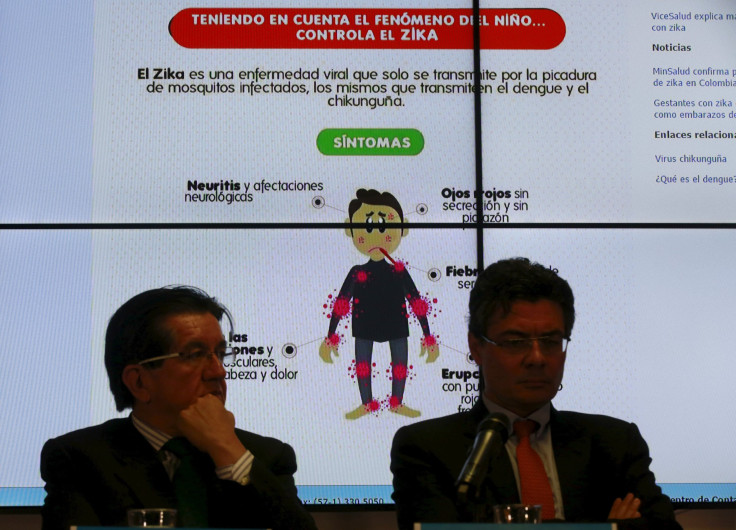Fears of Zika virus outbreaks prompt CDC to expand travel advisories to 22 countries

The US Centres for Disease Control and Prevention, or CDC, is cautioning pregnant women not to travel to 22 countries in the light of recent outbreaks of the mosquito-related Zika virus.
CDC has added Barbados, Bolivia, Ecuador, Guadeloupe, Saint Martin, Guyana, Cape Verde and Samoa to the list of blacklisted countries. The agency had also earlier issued a travel warning to Brazil, Colombia, El Salvador, French Guiana, Guatemala, Guyana, Haiti, Honduras, Martinique, Mexico, Panama, Paraguay, Saint Martin, Suriname, Venezuela and Puerto Rico.
Zika virus is a mosquito-borne flavivirus that originated in Uganda during 1947. While the disease is not endemic in Australia, imported cases of the virus have been reported. The mosquito Aedes aegypti, which is identified as the breed that transmits the virus, is found in Australia, including in north Queensland coastal towns.
Earlier in January, the Australian Department of Foreign Affairs and Trade issued a travel advisory to exercise a high degree of caution in Brazil. “While rarely requiring hospitalisation, pregnant women should exercise particular caution as infection may cause babies to be born with cognitive impairment,” the department stated.
While Zika virus has gone unnoticed in previous years, a recent outbreak of the infection in Brazil has been reported to cause a surge in the number of babies born with microcephaly, a disease that affects the development of a baby’s skull and brain. Those afflicted with the condition are commonly found to have a head two or three times smaller than average.
Since October 2015, Brazil’s Ministry of Health reported that there were more than 3,500 possible cases of Zika-related microcephaly compared to just 147 cases in 2014, according to The Washington Post.
Since there is no prevention or treatment for the Zika virus, travelers are advised to prevent mosquito bites by using mosquito repellant and covering exposed skin.





















